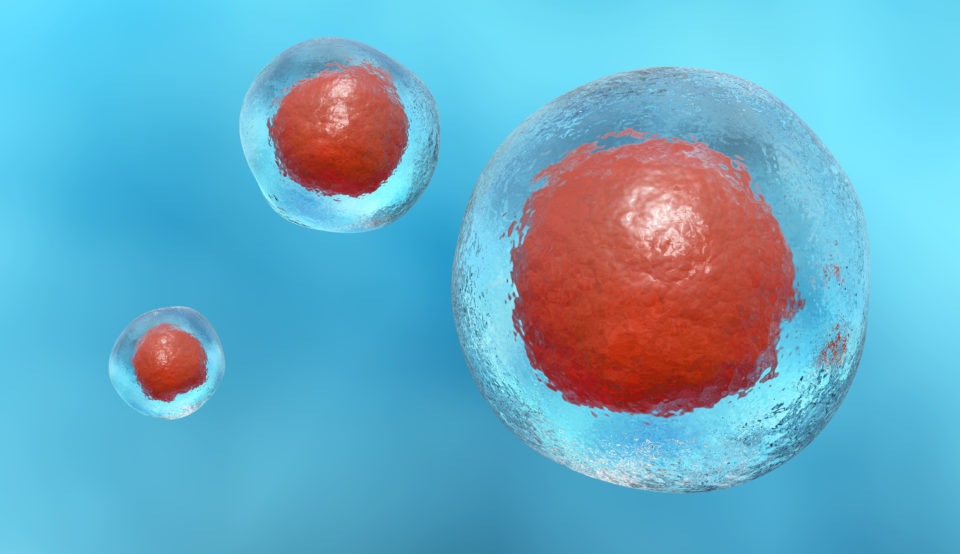
Long-term results from the ZUMA-1 trial presented at the 2019 ASH Annual Meeting found that three years after infusion of the chimeric antigen receptor (CAR) T-cell therapy axicabtagene ciloleucel, nearly half (n=47; 47%) of patients with refractory large B-cell lymphoma were alive.
The pivotal phase II study included 101 patients with large B-cell lymphoma. After a median follow-up of 39.1 months, the three-year overall survival (OS) rate was 47%, and the median OS was 25.8 months.
Patients were enrolled into two cohorts: those with diffuse large B-cell lymphoma (DLBCL; n=77) and those with primary mediastinal large B-cell lymphoma, high grade B-cell lymphoma, and DLBCL transformed from follicular lymphoma (n=24).
Loss of CD19 associated with relapse
Patients first received a conditioning regimen of fludarabine 30 mg/m2 and cyclophosphamide 500 mg/m2 for three days. Axicabtagene ciloleucel was administered as a single infusion of modified autologous T-cells at a target dose of 2×106. Ninety-one percent of patients received the CAR T-cell therapy.
The researchers also assessed CD19 loss as a predictor of treatment failure. Researchers assessed tissue samples from 21 evaluable patients post-relapse. One-third of patients (n=7; 33%) had loss of CD19 expression. An analysis of 16 paired pre- and post-treatment samples showed loss of CD19 expression in four patients (25%) who relapsed after receiving axicabtagene ciloleucel.
“Altogether, these data point to strategies to improve efficacy of anti-CD19 CAR T-cell products through co-targeting or sequential targeting of alternate B cell antigens,” the authors concluded.

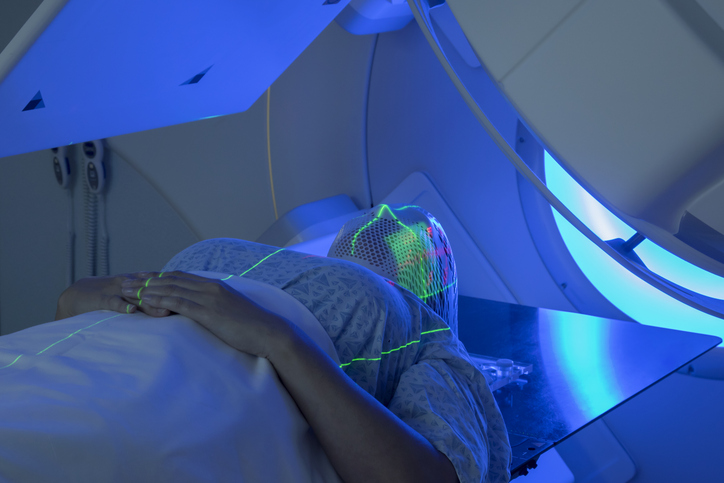
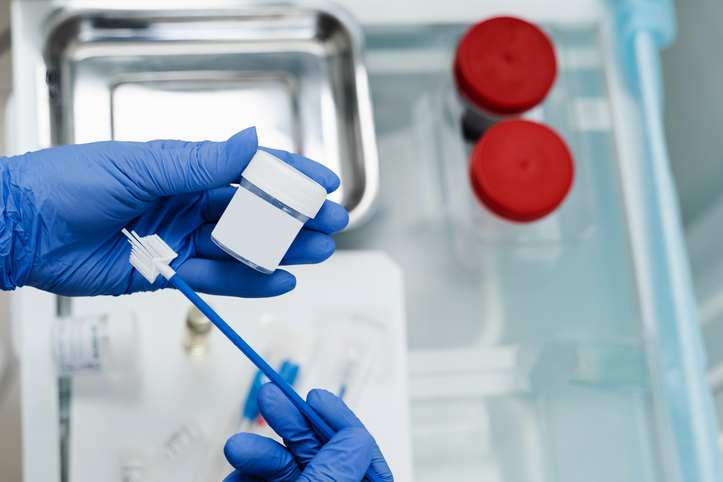
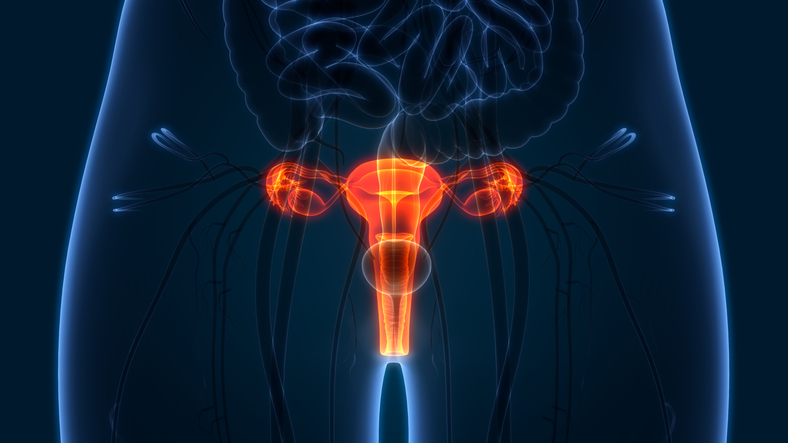

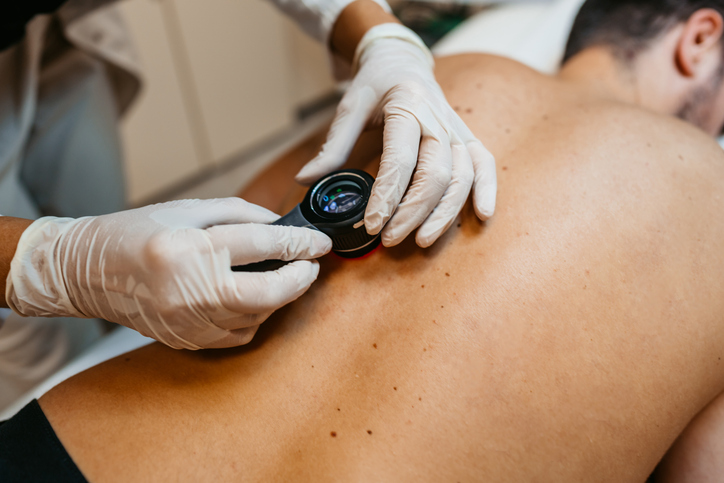

 © 2025 Mashup Media, LLC, a Formedics Property. All Rights Reserved.
© 2025 Mashup Media, LLC, a Formedics Property. All Rights Reserved.